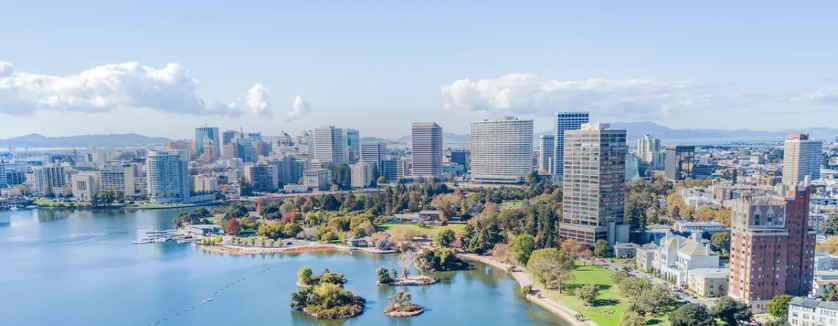The Police Commission meets on the 2nd and 4th Thursday of each month.
Meetings are held at 5:30 p.m. in Council Chamber. All meeting dates and times are subject to change.
The Oakland Police Commission is committed to transparency in how we do our work. Recognizing that not all our meetings are open to the public, and sometimes work is completed outside of meetings and status is provided at the meeting - this does not ever prohibit community or any stakeholder from reaching out and getting involved.
Members of the public are always welcome, invited and encouraged to share ideas, views, concerns, suggested language edits and perspectives on anything - in particular any OPD policy the Oakland Police Commission is reviewing.
Ways to engage the Commission:
- Via email directly to a Commissioner
- Via voice message when you call 510.238.2187
- Via public comment during open forum portions of Police Commission Meetings (second and fourth Thursday evening of every month)

